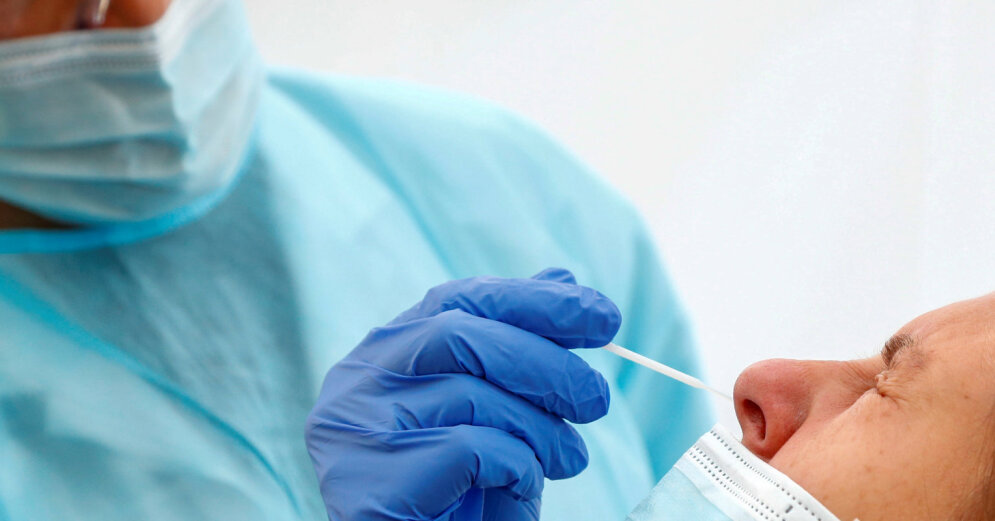Researchers Hugo Zeberg and Svante Pääbo studied a group of genes, or haplotypes, that modern man apparently inherited from Neanderthal man. This haplotype occurs in about 16 percent of the population of Europe and about half of the population of South Asia. In Africa and East Asia, on the other hand, it is virtually non-existent. Modern humans and Neanderthals interbreed at various times in Earth’s history, exchanging genetic information, the AP agency warned.
Genes acquired by humans after Neanderthals may be a risk factor for covid-19, according to a new study. Others are age, male gender and health status. The most common risk factors are obesity, diabetes and heart problems.
–
Zeberg and Pääbo, who work at the Carolingian Institute in Stockholm and the Max Planck Institute in Leipzig, claim in their study that the highest incidence of Neanderthal haplotype is in Bangladesh’s population, where it occurs in up to 63 percent of people. According to recent British studies, the risk of death from covid-19 in people originating in Bangladesh is up to twice as high as in the average population.
According to a study published in the journal Nature, the risk of having to connect a covid-19 patient to pulmonary ventilation is up to three times higher if they have a Neanderthal haplotype in their genetic makeup.
“It is striking that the genetic heritage of Neanderthals has such tragic consequences in the current pandemic,” Pääbo said. “We need to find out why this is as soon as possible,” he added.
The genetic link is becoming clearer
Two studies, published in the journal Science in September, reported that people with a more severe course of the disease were more likely to have a demonstrable mutation in genes involved in the defense against viruses. At least 10 percent of patients with a severe course develop autoantibodies in the body that attack the immune system and not the virus itself. According to the author of the studies, Professor Jean-Laurent Casanova, this may explain a number of hitherto difficult-to-understand cases of healthy people who ended up in intensive care units after covidem disease.
–
According to him, this was surprisingly clear: harmful antibodies were found in 101 of the 987 patients examined. “These two works give us the first explanation why covid-19 may be so serious in some, but most infected with the same virus are fine,” Casanova said.
– .


